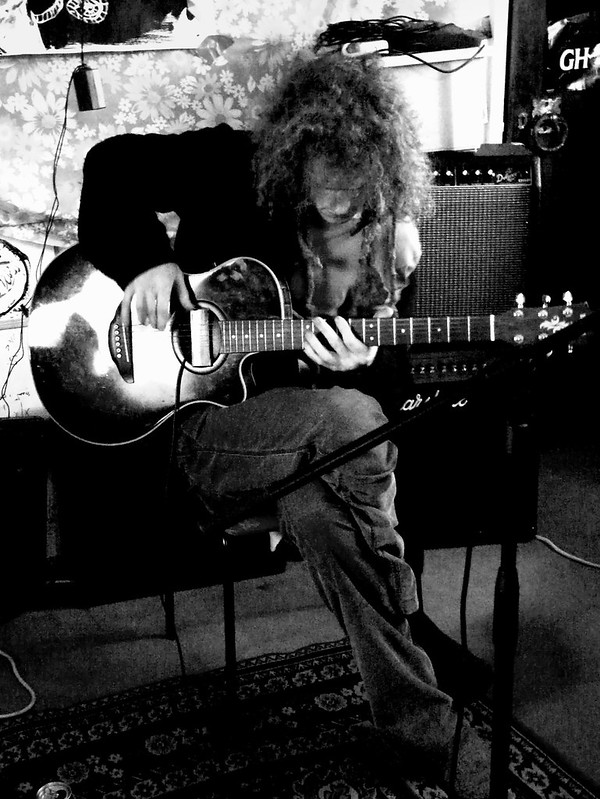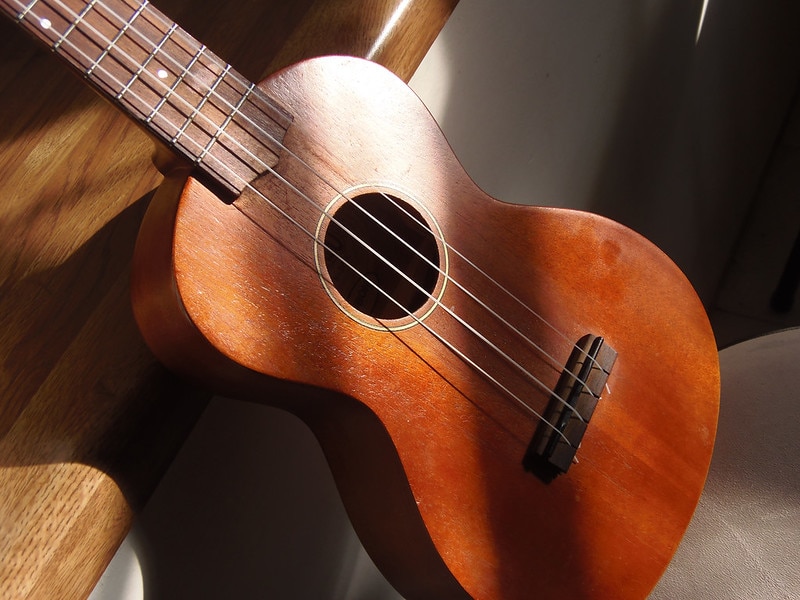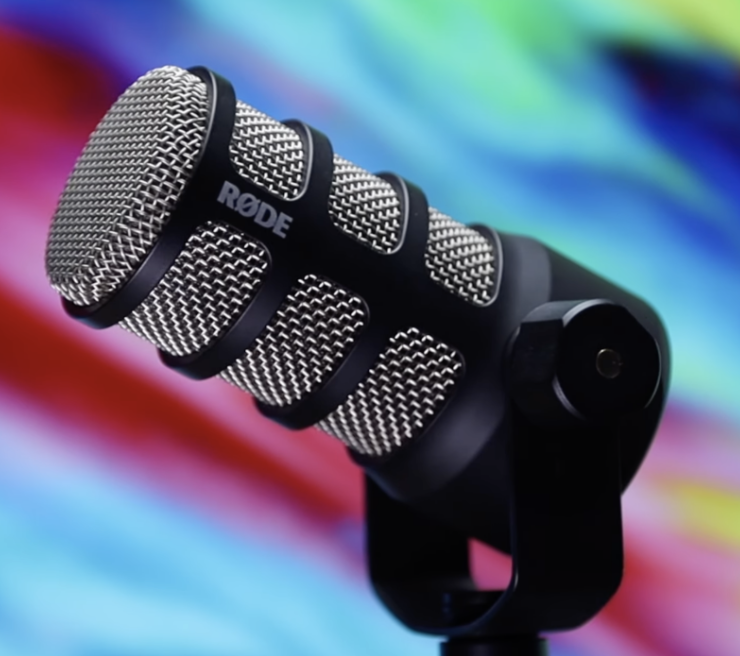
What Are The Best Mics for Noisy Environments?
March 23, 2022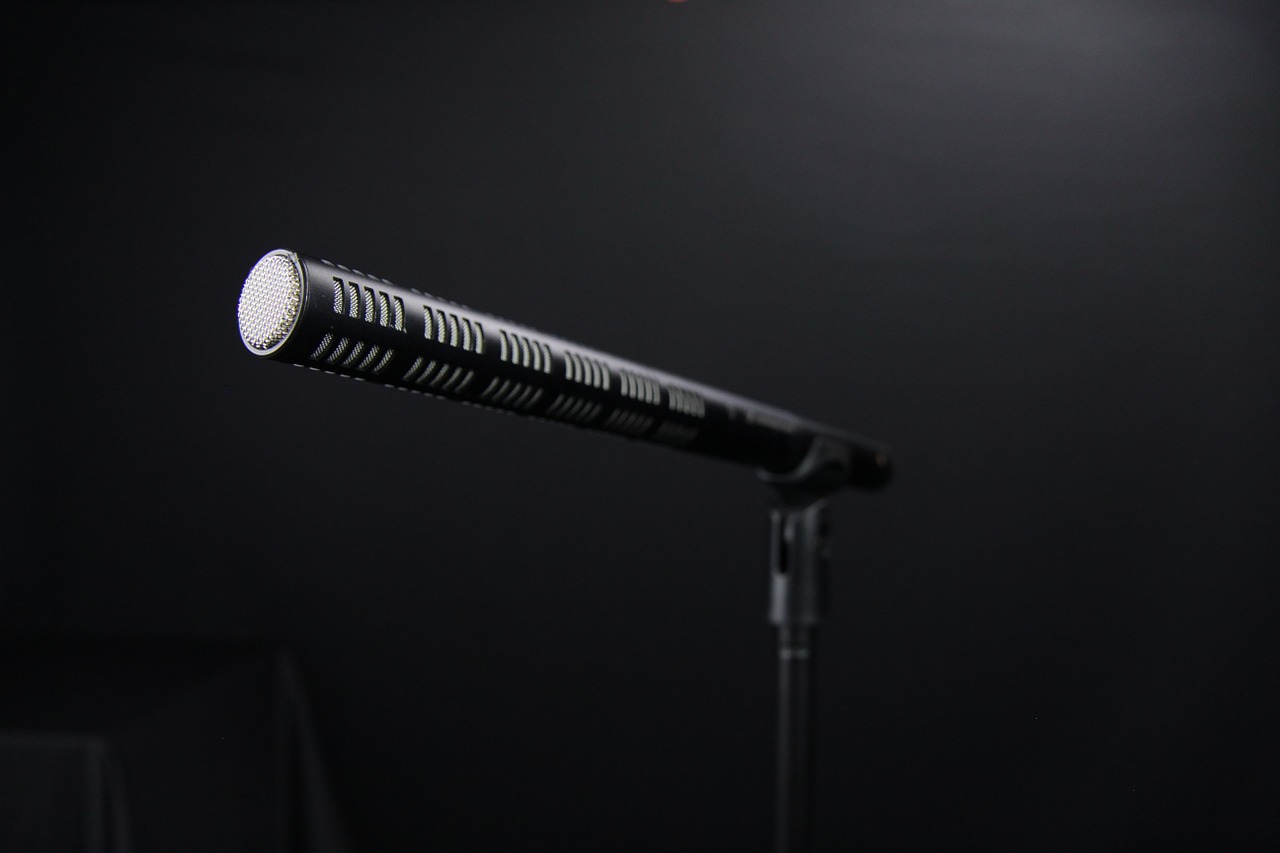
The 5 Best Shotgun Microphones on the Market Right Now
March 29, 2022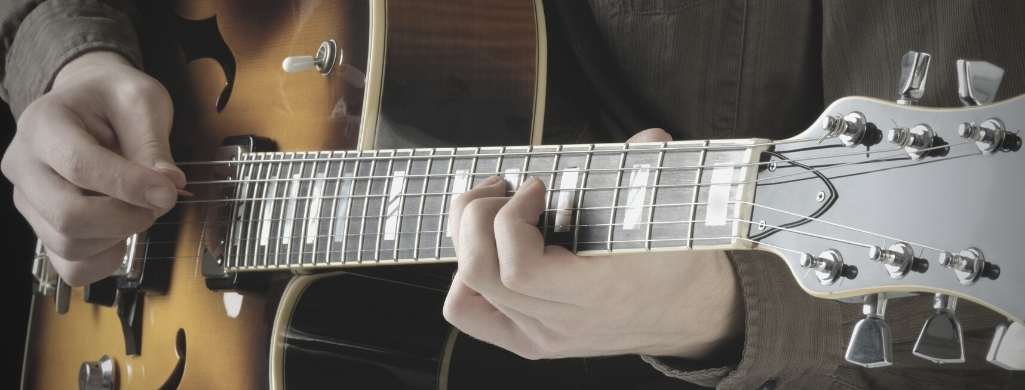
It’s no secret that guitar practice is important if you want to improve your skills. But creating a guitar practice routine can be difficult-there are so many things to work on, and it can be hard to know where to start.
Don’t worry, though! We’re here to help. In this article, we’ll teach you how to create a guitar practice routine that will help you achieve your goals.
What is a guitar practice routine and why do you need one
A guitar practice routine is a set plan that you follow each time you sit down to play guitar. This could be something as simple as starting with 5 minutes of scales, followed by 10 minutes of chord progressions, and then finishing with a 20 minute jam session. The point is to have a plan in place so that you can make the most out of your practice time.
There are many reasons why you might want to create a guitar practice routine. Perhaps you’re trying to improve your guitar playing skills, or maybe you’re preparing for an upcoming guitar recital. No matter what your goals are, having a practice routine in place will help you achieve them more efficiently.
How to set guitar practice goals

Before you can create a guitar practice routine, you first need to set some goals for yourself. This could be anything from learning a new song to improving your guitar playing skills. Be specific when setting your goals, and make sure they are achievable. You don’t want to set yourself up for failure by trying to do too much at once.
This will help you stay focused and motivated during your practice sessions. Here are a few examples of goals you could set:
1. Learn a new song
2. Improve your timing and rhythm
3. Develop better finger dexterity
4. Being great in certain genre
Now that you know what your goals are, it’s time to start thinking about how to structure your guitar practice routine. This is where things can get a bit tricky, as there is no one-size-fits-all approach to practicing guitar. However, we can give you a few tips on how to structure your time effectively.
How to improve your guitar playing skills using a practice routine
Once you have a guitar practice routine in place, you can start working on improving your guitar playing skills. One of the best ways to do this is to focus on one skill at a time. For example, if you’re trying to improve your lead guitar skills, spend some time each day practicing scales and soloing.
Tips for staying motivated during your guitar practice routine
It’s important to stay motivated when following a guitar practice routine. One of the best ways to do this is to set small, achievable goals for yourself. For example, if you’re trying to learn a new song, set a goal to learn one section of the song each day.
Daily Guitar practice routine template

Just be sure to stick to your routine each time you practice guitar. This will help you make the most out of your practice time.
Guitar Warm-up routine
Whether you practice your guitar every day or once in a blue moon, besides having a practice routine, it is also equally important to have a warmup routine, you get yourself into the momentum in playing and better expressing yourself musically through your guitar.
One of my favorites is Mateus Asato’s seven-step warm-up routine, if you don’t know who Mateus Asato is, be sure to check him out on Instagram, he’s definitely one of the most influencing guitar players on social media right now, besides having a huge amount of follower and excel in playing the guitar, he has also played for a couple of big names including Jessie J, Bruno Mars and more.
Check out this video below that was featured on Reverb to see how he explains both the philosophy and technical aspect behind his warmup and how he gets his finger in a “good mode”:
The seven-steps warm-up routine:
- Locating the root of every single octave note on your fretboard in different keys
- Run a fingering exercise on the fretboard using a 1-3-2-4 chromatic pattern
- Work up and down the fretboard using a chromatic scale on the higher strings
- Connecting different minor pentatonic scales on the lower strings
- Playing the full minor pentatonic scales in alternate picking
- Alternate the strings when playing arpeggiators and pentatonic scales with hyper picking technique
- Playing double stops with major 3rd, 5th, and 6th on a designated scale
FAQ
What’s a good practice routine for guitar?
When it comes to guitar practice, there are a few things that you need to keep in mind. First and foremost, you need to set some goals for yourself. What do you want to accomplish? What kind of skills do you want to master? Once you have a goal in mind, it’s time to create a plan that will help you achieve that goal.
To start, you should dedicate time each day to practicing. It doesn’t have to be a lot of time- even 30 minutes will do. Just be consistent with your practice, and make sure that you’re focusing on one or two skills at a time.
If you try to tackle too many things at once, you’ll just end up feeling overwhelmed. And finally, be patient. It takes time to master guitar skills, so don’t get discouraged if you don’t see results right away. Stick with it, and eventually you’ll start seeing the progress you’ve been hoping for.

How many hours a day should I practice guitar?
There is no one definitive answer to this question. Some people might recommend a couple of hours a day, while others might suggest practicing for up to eight hours a day. It really depends on your goals and how much practice you need to achieve them.
That said, it’s generally a good idea to start out slow and gradually increase your practice time as you get better. This will help you avoid burnout and allow you to progress at a sustainable pace.
To create a practice schedule that works for you, start by figuring out how many hours per week you can realistically commit to practicing. Then, break those hours down into sessions of 30 minutes to an hour each.
What should I practice on guitar everyday?
When you’re creating a guitar practice routine, it’s important to focus on the areas that you need the most work on. You don’t want to spend too much time on things that you already know how to do.
In order to make the best use of your practice time, you should focus on practicing chords, scales, and exercises that are specific to the area of guitar playing that you’re trying to improve.
For example, if you’re having trouble with your timing, you might want to focus on practicing metronome exercises. If you’re having trouble with your rhythm, you might want to focus on practicing strumming patterns.
There are a number of different resources available online that can help you create a guitar practice routine that is specific to your needs.

How long should beginners practice guitar?
This is a difficult question to answer, as it depends on the individual and their level of skill. However, a good rule of thumb is to practice for at least 30 minutes per day. This can be broken up into shorter sessions throughout the day, or one longer session.
It is important to have a goal in mind when practicing, so that you can focus your efforts and make the most of your time. For beginners, it is important to focus on basic chords and melodies, and gradually increase the difficulty as you improve. More advanced players can focus on specific techniques or songs that they are struggling with.
It is also important to vary your routine, so that you don’t get bored and lose motivation. You can do this by practicing different songs, learning new techniques, or even just jamming with friends. The most important thing is to have fun and enjoy the process.
Conclusion
A guitar practice routine is a plan that you create to help yourself achieve your goals. You need to set some clear, achievable goals first before creating the schedule. Once you have those in mind, you can then start focusing on what skills and habits are necessary for achieving them by practicing certain exercises or songs each day.
When creating your routine, be sure to focus on the areas that you need the most work on. You don’t want to waste time on things that you already know how to do. And finally, make sure to have fun with it! The more you enjoy the process, the more likely you are to stick with it and see results.

